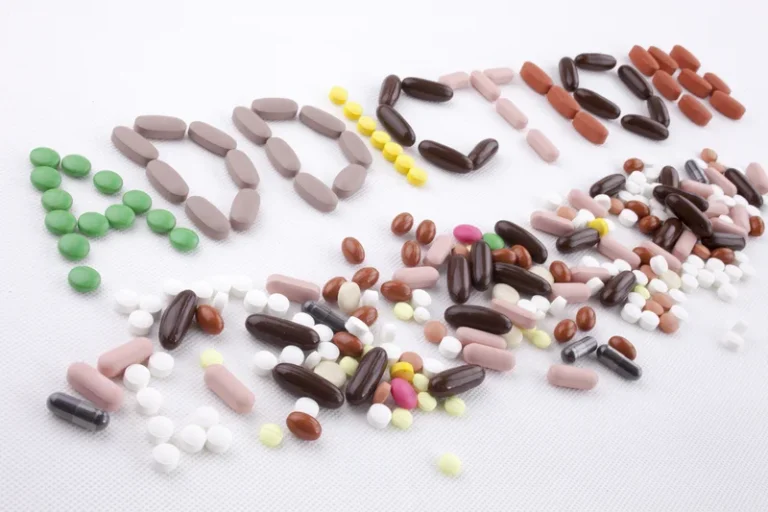What does it feel like to be drunk? Effects and stages

As intoxication reaches its peak, some individuals may experience a complete loss of consciousness. This state is characterized by the inability to remain awake or respond to feeling of being drunk external stimuli. Loss of consciousness can range from a temporary state to a complete loss of awareness for an extended period.
- Generally, people report feeling more relaxed and less inhibited when they are drunk.
- Long-term excessive drinking can lead to chronic health problems such as liver disease, cardiovascular issues, and mental health disorders.
- During this stage the effects of alcohol are not apparent or obvious, impairment may be detectable by certain tests, and behavior is nearly normal.
- Loss of consciousness can range from a temporary state to a complete loss of awareness for an extended period.
The Psychology Explained: Do True Feelings Come Out When Drunk?

Besides, you may also experience this drunken feeling if you lack sleep, suffer from sleep drunkenness, or are dehydrated. Sometimes, inner ear infections and low blood sugar may also cause this feeling. As intoxication progresses, emotional swings become more pronounced.
Understanding the Levels of Being Drunk
However, as consumption increases, it can lead to heightened emotions, aggression, and impaired judgment. One of the reasons people enjoy drinking is that it boosts dopamine levels in the brain, leading to feelings of happiness and confidence. In the early stages alcohol rehab of drinking, people may feel more social, talkative, and outgoing. When you drink alcohol, your body metabolizes it through your liver, but the effects start long before your liver has finished processing it. Alcohol enters your bloodstream within minutes of your first sip, affecting your brain and body almost immediately. The extent to which alcohol impacts you depends on your Blood Alcohol Content (BAC), which rises the more you drink.
Follow us on social media

Too much yeast inside your intestines or stomach may lead to this condition. The duration of intoxication depends on how much alcohol an individual consumes. Typically, it can take at least several hours for their BAC to reduce enough for it to be safe to drive. Ideally, a person should not drive after consuming alcohol until it is completely out of their system.
Emotional and Psychological Effects
At the extreme end of intoxication, you might experience a blackout, which occurs when alcohol prevents the brain from forming new memories. A person in a blackout may still appear to be functioning—talking, walking, or even interacting with others—but they won’t remember any of it the next day. At this point, alcohol is impairing both your mental and physical abilities.
- The call is free and confidential, and you don’t have to commit to a program to learn more aboutalcohol rehab.
- However, their coordination and judgment are generally unaffected.
- Individuals may have difficulty walking, experience slurred speech, and struggle with fine motor skills.
However, there may be certain times when you drink more than what’s considered moderate. During this stage the effects of alcohol are not apparent or obvious, impairment may be detectable by certain tests, and behavior is nearly normal. In extreme cases,too much alcoholcan lead to coma or death, so it is important to recognize thesignsand stages of being drunk. Cultural attitudes towards drinking can shape how individuals perceive and engage in alcohol consumption, influencing drinking patterns and social norms.
Get Help with Alcoholism at Inner Voyage Recovery Center
This stage is characterized by unresponsiveness and a high risk of choking or injury. Individuals may need medical attention to prevent serious harm. Ethanol is a clear, colorless liquid that’s a byproduct of plant fermentation. This means it’s not produced on its own, but as a result of another process.

It especially likes to hang out in the brain, where it becomes a central nervous system depressant. While in the brain, ethanol wanders around, causes feel-good dopamine to be released and links up with nerve receptors. The fine line between genuine emotional expression and alcohol-induced impulsivity becomes increasingly blurred as blood alcohol levels rise.
- As the individual consumes alcohol, they may experience a surge in self-assurance and a decrease in inhibitions.
- Another characteristic of intoxication is the potential for increased risk-taking behavior.
- The duration of alcohol intoxication depends on the quantity of alcohol that a person consumes.
- On the other hand, spacing out alcohol consumption allows the body to process and eliminate alcohol gradually, resulting in a lower BAC and a milder level of intoxication.

Additionally, alternate alcoholic beverages with water to stay hydrated and reduce the amount of alcohol you consume over time. Food helps slow the absorption of alcohol into your bloodstream. Drinking on an empty stomach accelerates the process, making you feel drunk faster and more intensely.

 We use cookies to optimize our website and our service.
We use cookies to optimize our website and our service. 
